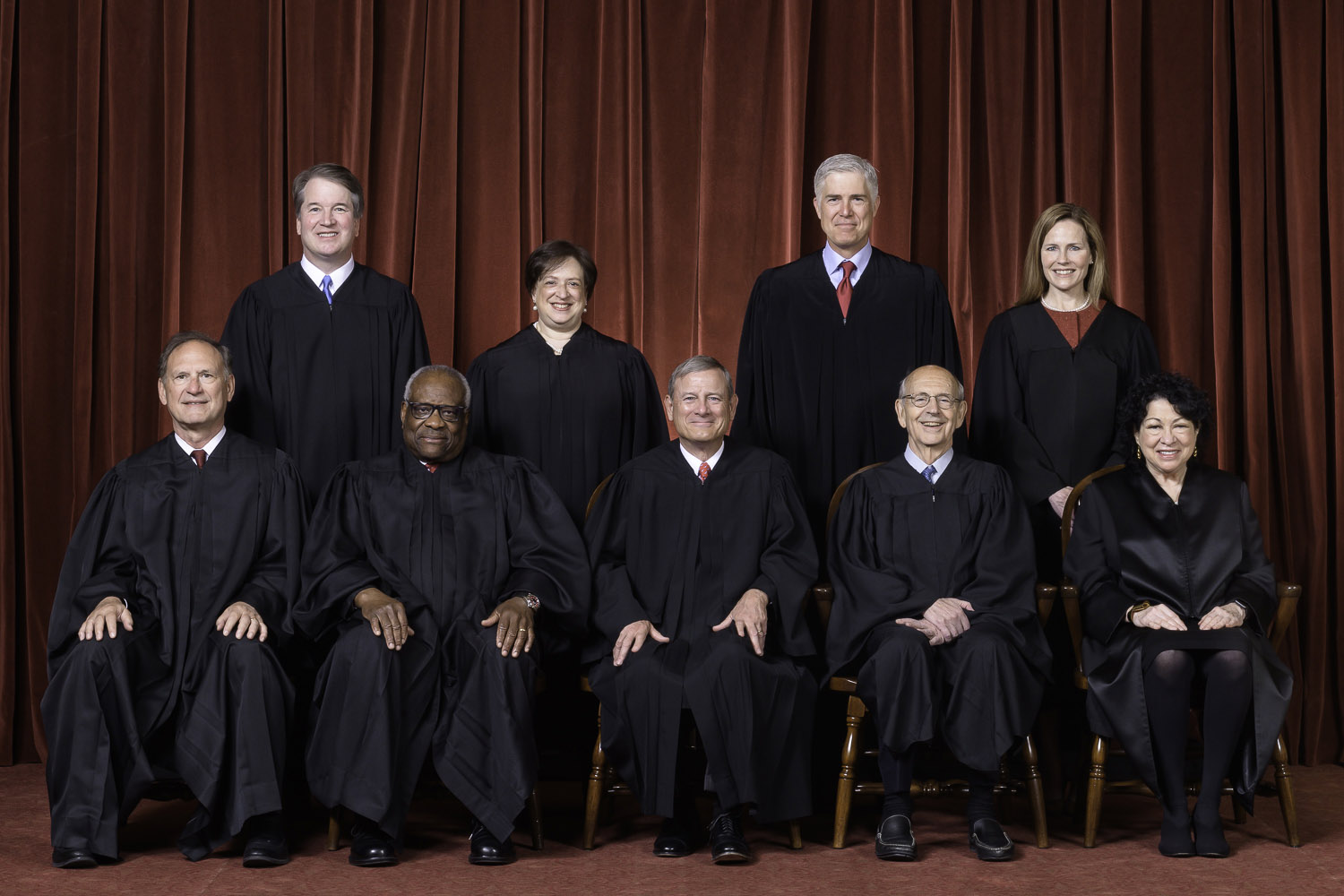The Supreme Court’s Friday morning opinion on Dobbs v. Jackson Women’s Health Organization not only featured the majority opinion and dissent, but also included two separate concurring opinions issued by Chief Justice Roberts and Justice Clarence Thomas.
Top Stories
- The Collapse Of Kamala Harris October 20, 2024
- ‘The Entire Country Is Going To Collapse’: Chris Wallace Spars With NYT Reporter Over Harris’s Campaign Pivot October 19, 2024
- ‘And, And, And’: Harris Stumbles Over Words As NBC Host Questions Why Her Economic Plan Isn’t ‘Landing With Voters’ October 22, 2024
- ‘Literal Slavery’: Tim Walz Granted Hundreds Of Thousands To Meatpacker That Had Kids Cleaning Processing Plant October 19, 2024
- Tim Walz Welcomed Chinese Communist Party Officials Into His Nebraska Classroom October 22, 2024
Top Videos
Get curated news content to your inbox
June 24, 2022 4:18 pm - Clarence Thomas, News, Supreme Court
5 min. read

